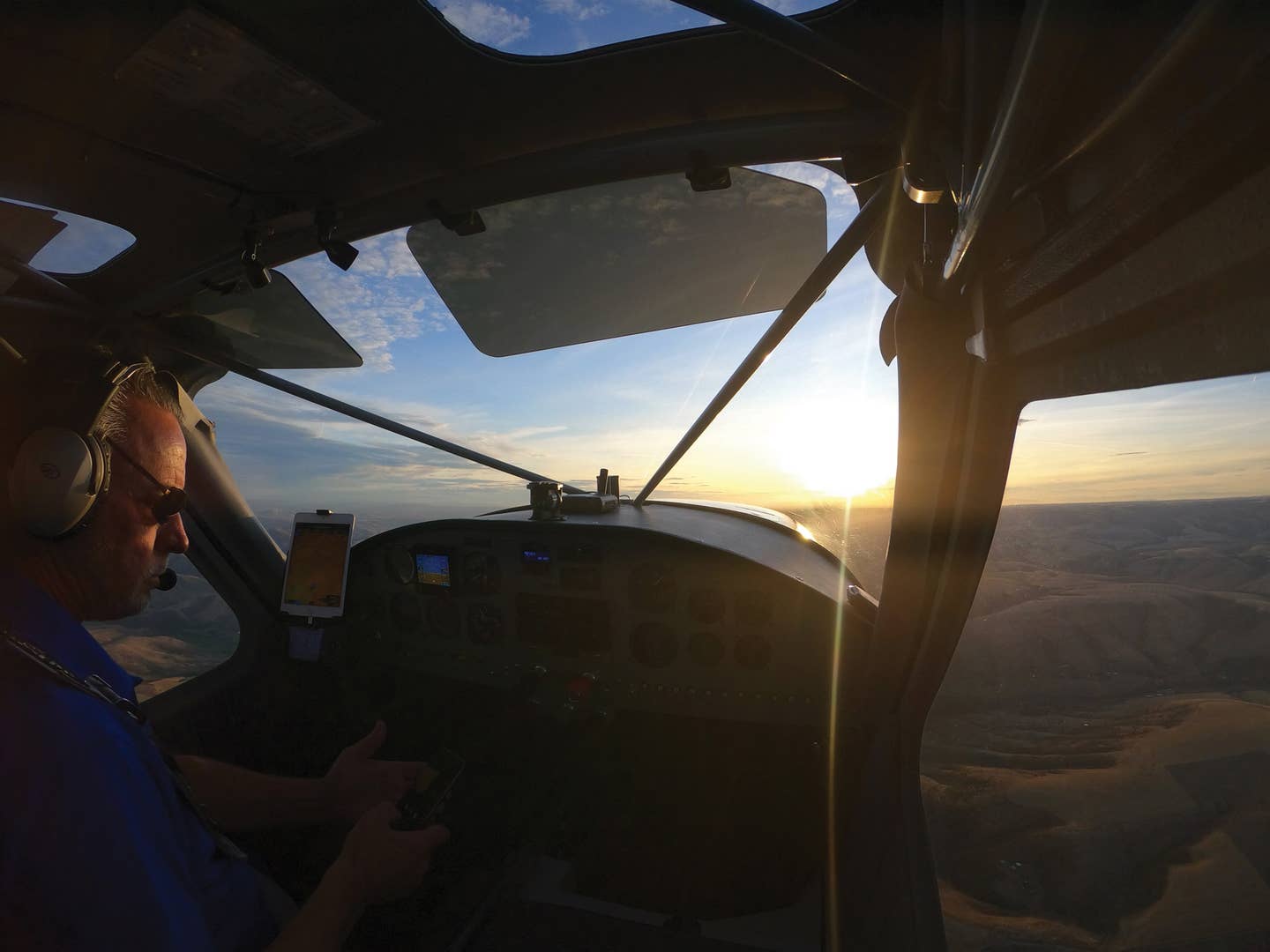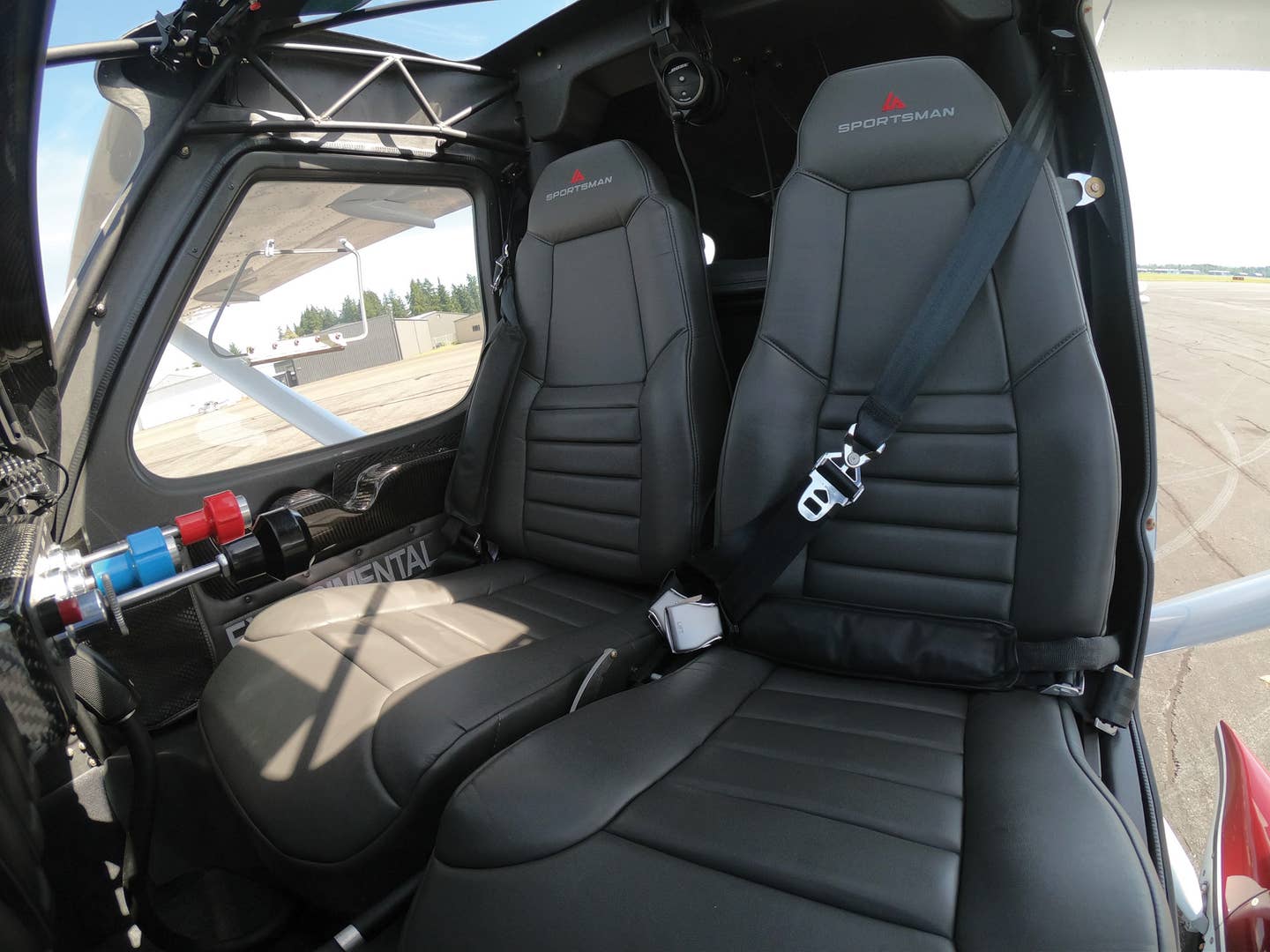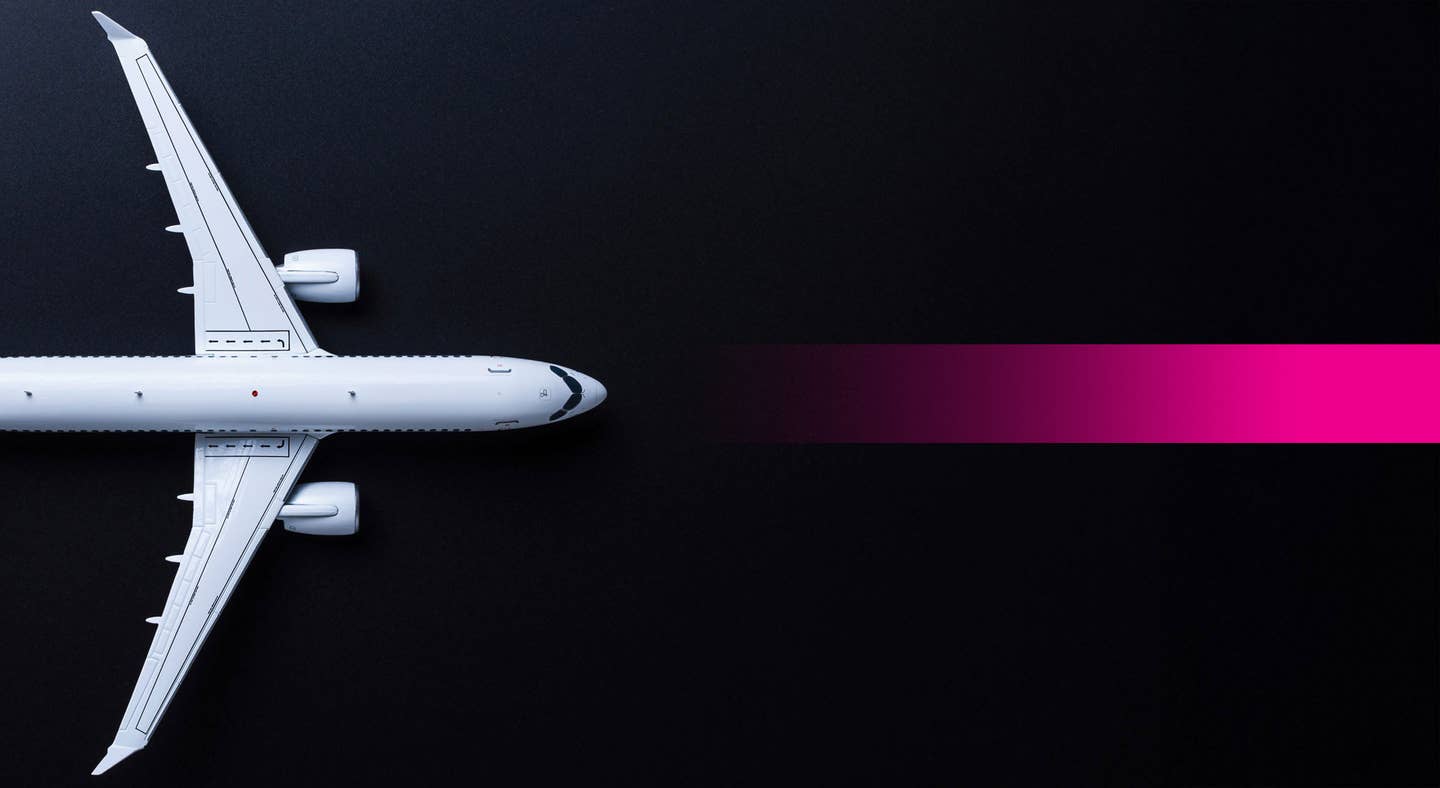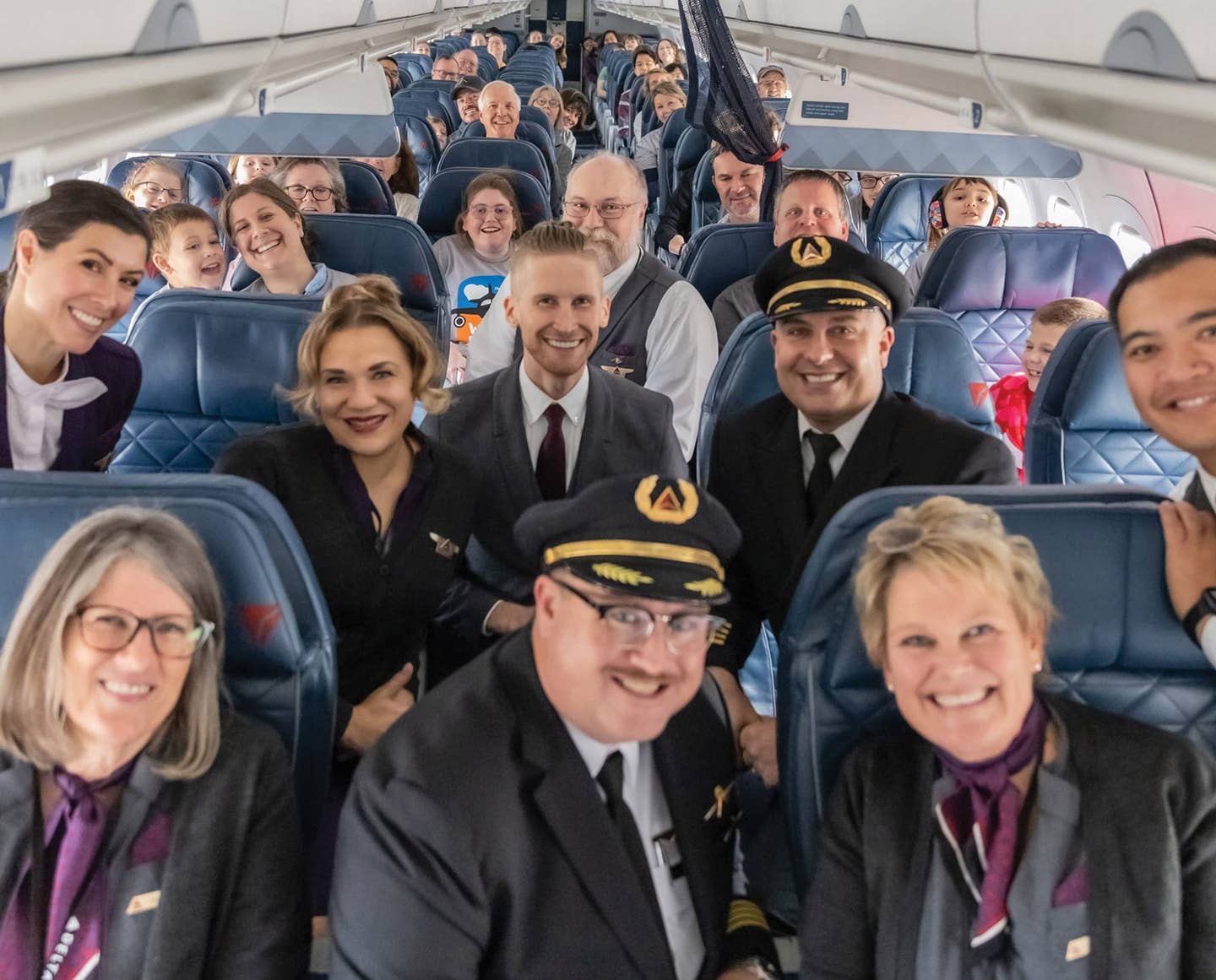COVID-19 Disrupts Pilot Training Industry
How schools are dealing with the novel coronavirus varies from place to place, sometimes without rhyme or reason.
For students who have spent the last four years getting a solid education in an aviation degree program, the world's current state of affairs in battling the coronavirus is the worst kind of surprise. Sadly, graduation ceremonies at some of the most prestigious schools are being cancelled due to the pandemic. Missing out on that big celebration of a job well done, however, is the least of a graduate-to-be's worries. The bigger question looms: What is the world, in general, and the aviation world, specifically, going to look like when we get to the other side of the crisis?
And in the meantime, how are students going to finish their studies in fields that require one-on-one instruction and one-on-one testing, like aviation?
At Embry-Riddle Aeronautical University, one of those prestigious schools, the administration has extended spring break by a week due to COVID-19 concerns. After that, classes will move online---ERAU was a pioneer and remains a leader in online instruction. We know what you're thinking, and, yes, there are exceptions for programs that, in the University's words, "!involve one-on-one instruction and fulfillment of regulatory requirements (e.g., flight training and Aviation Maintenance Science)."
There are challenges galore with this approach. How will flight instruction and check rides be handled? What kinds of safety precautions are sufficient for two people flying together in close quarters in a small plane for hours at a time? ERAU's guidance on it is broad: "Students with these types of educational challenges may choose to complete spring 2020 coursework on their campuses, with enhanced health precautions."
Not all schools are flying. At the University of North Dakota's John D. Odegard School of Aeronautical Sciences, another top degree program for aspiring professional pilots, all fight training has been suspended since March 15th, when UND's president directed all non-essential employees to work remotely. The school recognizes that the interruption of flight training will adversely affect students' progress, especially for those who are close to graduation. The school had been targeting April 17th as a possible return to campus, which is a month from this writing. But it clarifies that "Due to the ever changing situation around COVID-19 at both the local and national levels, UND Aerospace advises student not to return to campus until an official statement is made about flight operations resuming."
For students at smaller schools, the situation is fast changing and the policies regarding instruction vary from place to place with little regard for geography. A few students at mom-and-pop maintenance schools said that their programs were suspended amid the COVID-19 outbreak, and that there's been little information about what his will mean for their studies.
The same is true for small flight schools, some of which continue to operate with few or no changes to their procedures and policies, while others have suspended operations altogether.
Most of these affected programs require practical tests with examiners on top of the required in-person instruction. Some schools, such as UND, are giving students in their degree programs "Satisfactory Progress" grades in lieu of letter grades pending the completion at some point of their studies. Others, like Arizona State University, are, according to its FAQs on its official site, are keeping campus open for some programs but with increased cleaning and sanitizing protocols, decreased person-to-person interaction and limited access to buildings and facilities.

Subscribe to Our Newsletter
Get the latest Plane & Pilot Magazine stories delivered directly to your inbox






